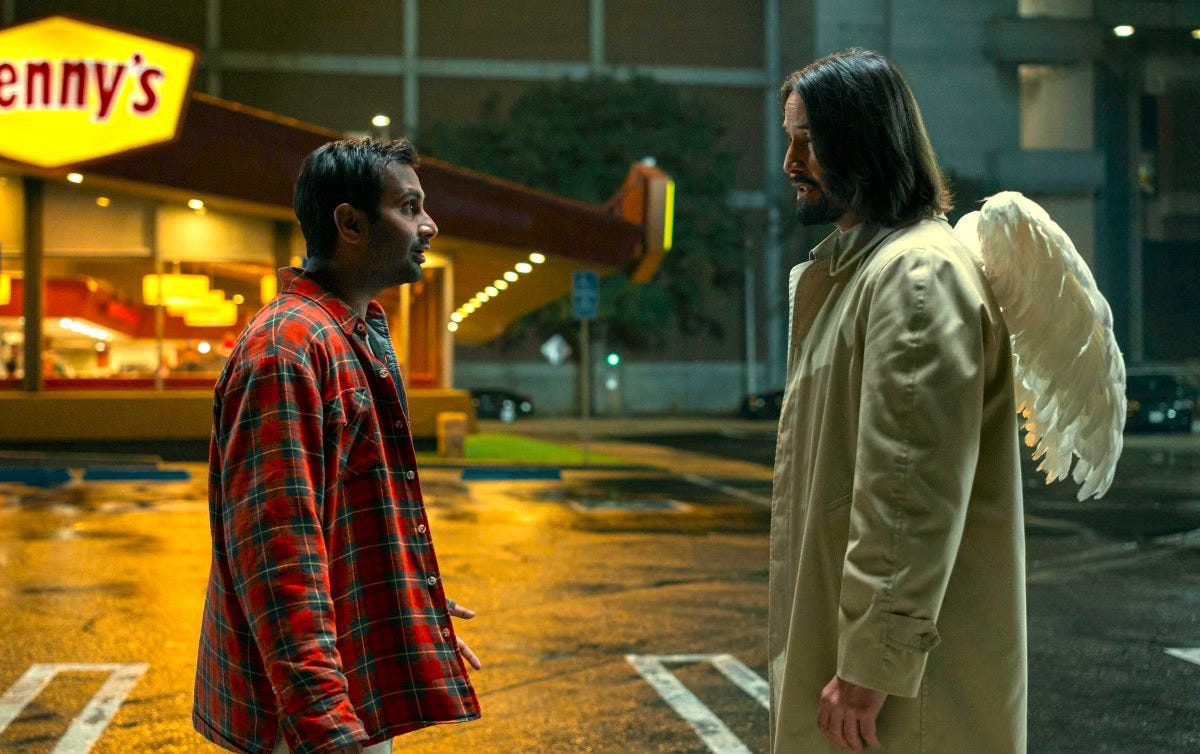Good Fortune (& The Laundromat)
2025 (& 2019)
Today, I (quite unintentionally) watched two films about the uneven distribution and misuse of wealth in today’s world. They were both labeled comedies—one by a veteran Oscar-winning director and the other a directorial debut. And my enjoyment of them did not line up as I suspected.
The Laundromat is Steven Soderbergh’s 2019 ensemble film “based on real …




